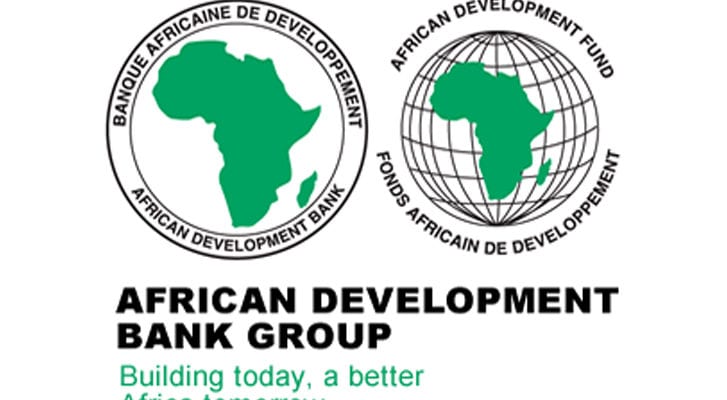During the World Water Week held virtually last month as plans are ongoing by the African Development Bank (AfDB) to partner the Nordic Development Fund and the Government of Denmark to roll-out a programme aimed at strengthening access to climate-resilient water and sanitation resources in Burkina Faso, Ethiopia, Mali, Niger and Somalia, the Programme Manager, NDF, Aage Jorgensen stated that Africa would require an annual investment of $93 billion to fill its infrastructure gap. He noted that resilient infrastructure is at the core of the African development process.
AfDB is of the opinion that the new initiative will enhance the sustainability of water systems through the construction or upgrade of existing infrastructure. It added that the programme will also support feasibility studies to prepare bankable projects that contribute to increased financing for water, sanitation and hygiene services, improving human health, child education and economic productivity.
Tobias von Platen-Hallermund, the Chief Advisor in the Ministry of Foreign Affairs, Denmark said: “The programme will focus on immediate improvements, through rehabilitation, expansion and climate proofing of existing water supply systems, sanitation and handwashing facilities.
“In the longer term, the programme will focus on preparing projects that are investment ready. The initiative will also seek to provide technical assistance to institutions and mitigate climate-related flood and drought risk in the target countries, which experience a highly variable climate including irregular rainfall and persistent drought,” he said.
The head of the Bank’s Water Development and Sanitation Department said: “Safely managed water, sanitation, and hygiene services are an essential part of preventing and protecting human health during infectious disease outbreaks, including the current Covid-19 pandemic. The Covid-19 recovery period is an opportunity to promote greater, equitable, sustainable and resilient access to WASH,”

